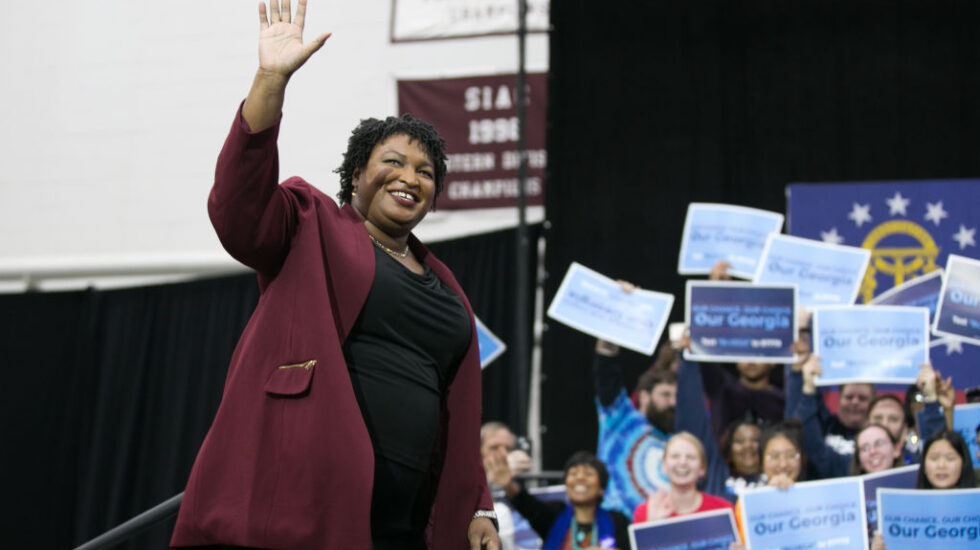Happy Monday. The good news– in 24 hours all the ads will be gone, off TV, off the World Wide Web and hopefully off front lawns across America. The bad news–the 2020 campaign to unseat Donald Trump kicks off Wednesday.
Axios released a poll that showed as of today, Trump would lose to every woman mentioned as a possible Democratic candidate.
President Trump would lose the 2020 election against every woman mentioned as a possible Democratic opponent in a new Axios poll by SurveyMonkey. https://t.co/RSbrgnxofQ
— Axios (@axios) November 5, 2018
But let’s not get too far ahead of ourselves. If the polls are correct, women candidates will have a lot to celebrate Tuesday night. A record number of women are running, and millions of women are donating. From The Huffington Post:
Women have historically donated to political campaigns at much lower rates than men. That has radically changed in 2018, according to data collected by the Center for Responsive Politics. Women have donated a total of $398 million in disclosed contributions above $200. (Small contributions that aggregate to less than $200 do not need to include individual donor information and therefore cannot be categorized by sex.)
Women are known to donate more frequently to women running for office. There are far more women running for office as Democrats in 2018 than in any previous election cycle in U.S. history, while the number of women running as Republicans is flat.
“Women are running whether or not Democrats and Republicans invite them to,” said Ange-Marie Hancock Alfaro, a political science professor at USC.
“Alfaro attributes the record-breaking turnout in large part to a groundswell in localized programs encouraging women to run and educating them on the process.
“Emily’s List — the leading nonprofit to help and recruit progressive Democratic women to run for office since 1985 — has played witness to that rise in interest. (Emily stands for “Early Money Is Like Yeast — it makes the dough rise.”)
“Recruiting means just that — going out to find women to run,” said Emily Cain, the group’s executive director. “But in our history — the first 30-some years — we were not inundated with women coming to us to run for office.”
“That changed in 2016.”



